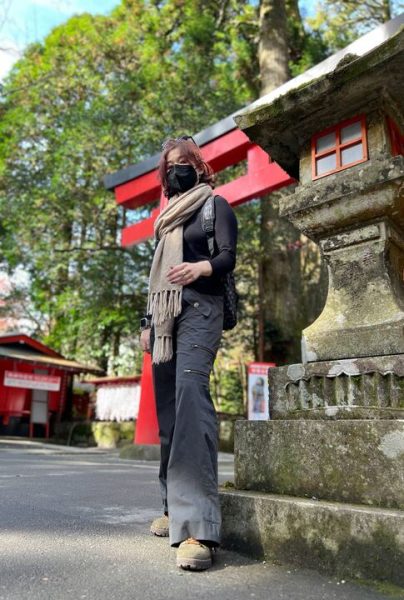
In this week’s episode of The Sci-Files, Mari and Dimitri interview Nupur Huria and Harsna Chahal to learn about period poverty.
Period poverty is an important, yet often ignored, public health crisis. The social shame and steep cost of menstrual products often push low-income people to adopt unhygienic practices during menstruation, negatively impacting their health, education, and dignity. Specifically, period poverty significantly impacts young menstruators in universities. The lack of access to menstrual hygiene products forces many students to resort to rags, paper towels, toilet paper, and other substitutes, increasing the risk of several reproductive health issues. According to a study conducted by Days for Girls, about 25% of menstruating students struggle to afford menstrual products. The emotional toll from the deep-rooted stigma surrounding menstruation along with the inaccessibility of menstrual products negatively impacts the self-perception and mental health of students. BMC Women’s Health estimated that 68% of college students who experience period poverty also experience moderate to severe depression. Nupur and Harsna worked with the Department of Epidemiology and MSU College of Human Medicine Public Health professors to create and roll-out a survey identifying demographic factors, accessibility factors, and perceptions on menstruation of Michigan State menstruators. Their results confirmed the need and benefit for an increased accessibility to free menstrual products at Michigan State University. Mission Menstruation X MSU successfully communicated these findings to MSU Administration, securing over 200 university-funded free menstrual dispensers across campus in women’s and gender-neutral restrooms.
If you’re interested in discussing your MSU research on the radio or nominating a student, please email Mari and Dimitri at thescifileswdbm@gmail.com. Check The Sci-Files out on Twitter and Instagram!











